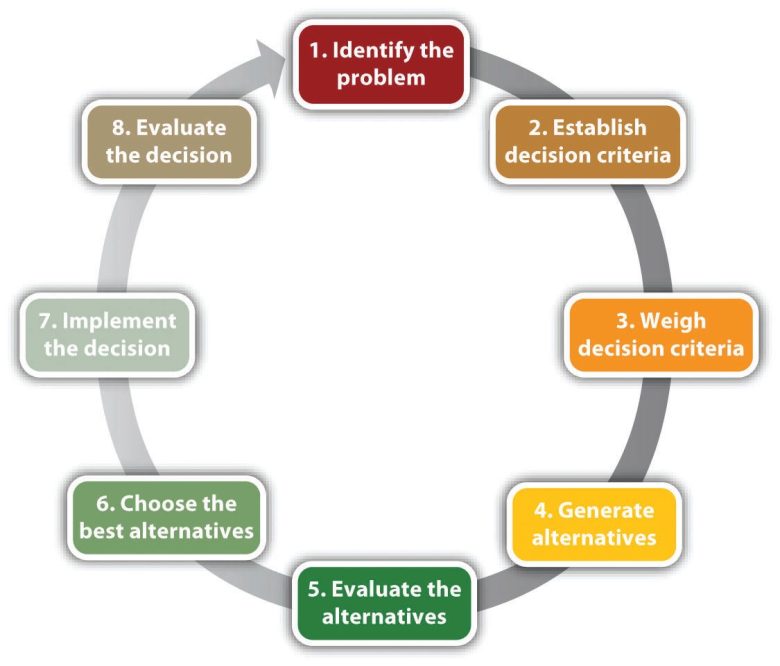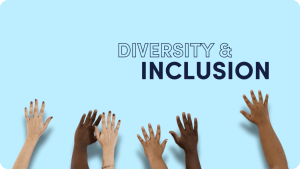Assuming ethical decisions can be a challenging endeavor for even those of the highest integrity; even they can be affected by influences in their environment and upbringing. Just like any skill, ethics can be learned and practiced. This guide will help you comprehend and implement a system for making ethical decisions—one that takes into account their repercussions.
1. Think Outside Yourself
When making ethical decisions, it’s essential that you consider more than your immediate needs and those of your team members when making ethical choices. Your decision could affect not only you and others involved but also the reputation of your company. Some ethics frameworks, such as utilitarianism, emphasize this point by asking which actions would have the greatest positive effect and minimal adverse consequences.
Ethical decision-making is a practiced skill that takes practice to master. Just like singing or learning to play an instrument takes time and practice to perfect. Becoming proficient takes hard work as well.
2. Think About the Impact of Your Decision
Deliberating over ethical issues provides greater clarity, helping you recognize and combat personal biases while prioritizing what is morally right. Exploring ethical matters also identifies and mitigates potential risks, improving decision effectiveness.
Ethical decision-making is an ongoing practice that takes practice to master. As with anything new, practice makes perfect; making more ethical choices will get easier over time; however, be wary not to rush this process or focus exclusively on their outcomes; for example, if choosing between two unfavorable alternatives, always choose one with minimal negative repercussions for team members or business as a whole.
3. Seek Assistance
Personal beliefs and attitudes can impede our efforts to act ethically. Seek assistance from those who can guide decisions that reflect your ethical principles and values.
Acquisition of impartial facts and weighing potential consequences are vital elements in ethical decision-making. Evaluating different perspectives and viewpoints may also reveal any hidden biases or blind spots in your reasoning process. When making decisions, be sure to discuss the moral and ethical framework that influenced them. Doing this will reinforce your ethics while creating an atmosphere of open dialogue.
4. Take Time to Analyze Your Options
There are certain ethical tenets that are easy to comprehend, like killing another person is wrong and returning a lost wallet is good. But business leaders will frequently face situations without an obvious right or wrong solution. Ethical decision-making demands an in-depth examination of each decision’s potential repercussions and impacts, taking into account legal requirements and company policies as well as stakeholders’ perspectives. This process includes collecting all available data, including legal requirements and company policies, before assessing how your choices impact these groups of individuals.
Ethics involves considering various approaches, including utilitarianism, which suggests that an ethical choice should be one that maximizes good and minimizes harm for all involved. Furthermore, finding solutions that reconcile differing values and obligations may also be part of this practice.
5. Think About Responsibility
Ethical business decisions can help your company realize long-term success. Employees tend to trust a business that values ethics and prefer working with firms that take time in making the appropriate decision. Establishing an ethical culture of decision-making can also help attract and retain top talent. Generation Z employees demand leadership that prioritizes transparency and ethics; therefore, they will seek employers that exhibit these behaviors.
Ethical decision-making involves considering the impact of your choices on both yourself and others in your team or other stakeholder groups. By carefully considering each option against your ethical standards, you can arrive at an informed and balanced decision.
6. Rely on Your Intuition
Making ethical decisions in business is no simple task, yet leaders have plenty of frameworks and theories at their disposal to assist them with making ethical choices.
Utilitarianism is an approach often taken when making ethical decisions; this philosophy asserts that an action with maximum net benefit over net harm for most people would be the one most suitable for ethics. Therefore, accurately predicting likely outcomes when making such a choice requires an accurate evaluation of the potential consequences of decisions made. Macmillan health professionals have faced extra difficulties in making ethical decisions during the COVID-19 pandemic; navigating these issues can be dauntingly complex. Watch this video to discover their strategies.
7. Be Flexible
Ethical decision-making requires a flexible process. Much like learning an instrument or solving complex math problems, no one becomes skilled without first mastering the techniques involved and practicing.
Leaders frequently face complex ethical dilemmas that don’t have an obvious solution. Adopting transparent and responsible leadership practices can help navigate these thorny waters with integrity while making decisions that align with both your values and organizational goals. Establishing solutions is only part of the equation; you must also consider their long-term repercussions and demonstrate empathy when making ethical choices that benefit others. Doing this shows your true care.
8. Listen to Your Team
Be as open and receptive as possible when taking ethical decisions that will affect your team members, and make sure that decisions made are fair for everyone involved. At the same time, it’s essential to be cognizant of any cognitive barriers or biases that could impede your judgment. Unconscious influences could influence how you perceive information, make judgments, and act upon it.
Locating an issue is the key step towards making ethical choices. Gathering all relevant facts, legal requirements, organizational policies, and moral implications, as well as considering their long-term effects, are all necessary components to making sound ethical choices. Leaders should examine issues through multiple lenses, such as the common good, virtue, and relationships, to develop solutions that maximize value creation while upholding ethical standards.
9. Be Responsible
Integrating ethical considerations into the decision-making process of your business is integral to developing trust, maintaining loyalty, and achieving long-term success. Ethical leadership sets an example for all within an organization while yielding numerous positive benefits such as employee morale, customer satisfaction, and business expansion.
When confronted with an ethical challenge, first recognize it and gather all relevant information that could assist with understanding its implications and possible solutions. This includes considering various perspectives and viewpoints as well as biases or any alternatives available to you. Decide the most ethical course of action based on your values and principles, and be open about your decision while accepting responsibility for its outcome.




